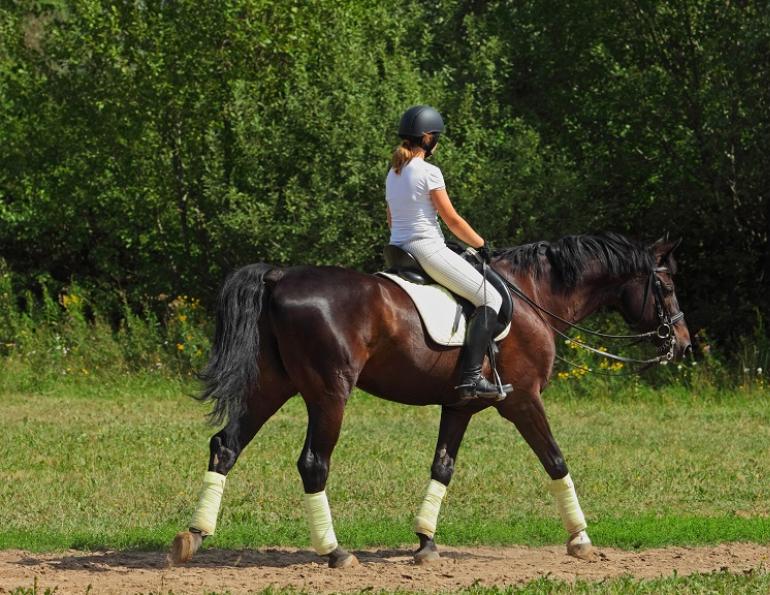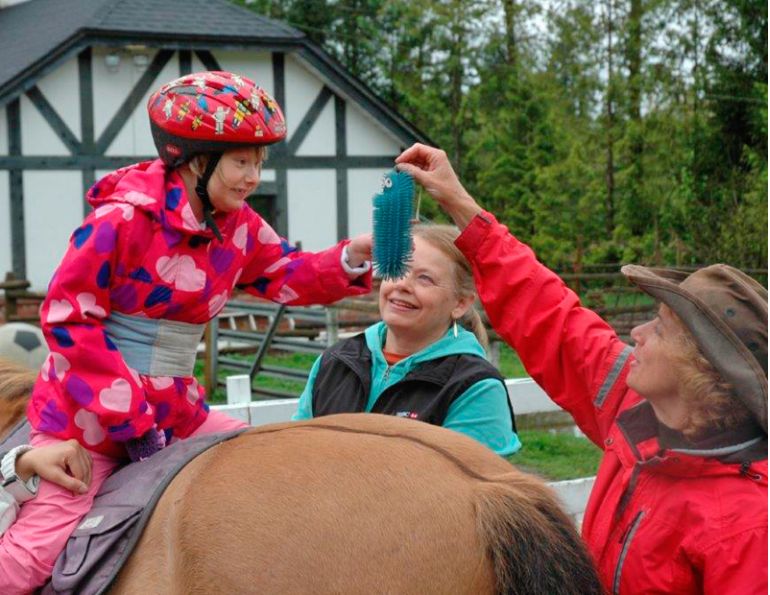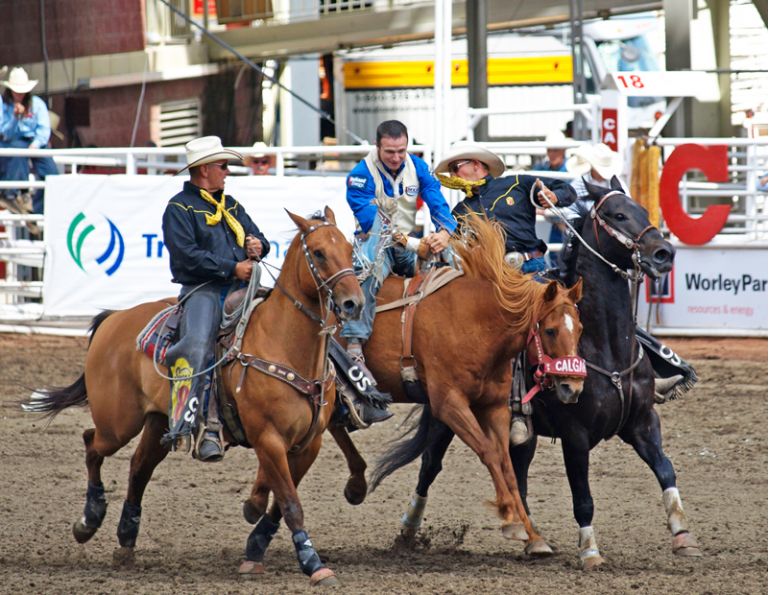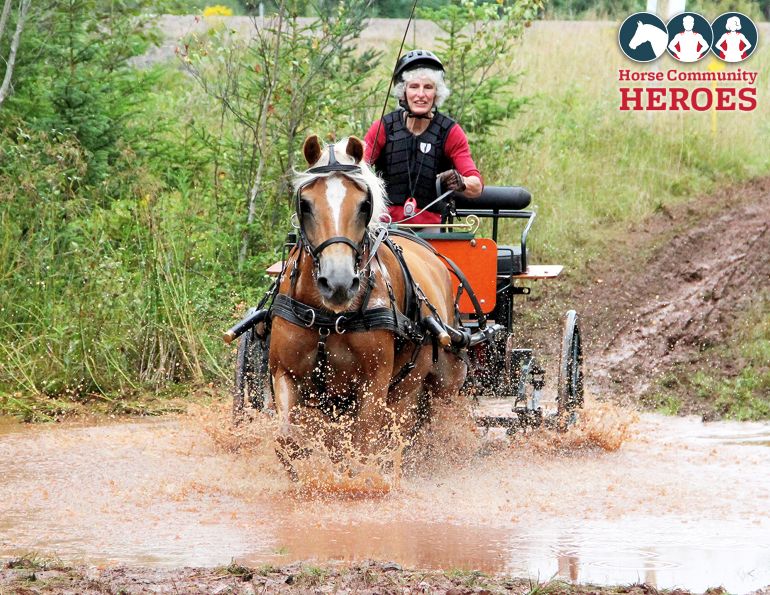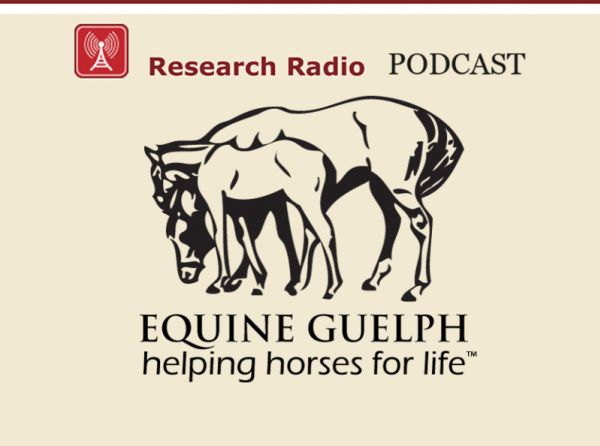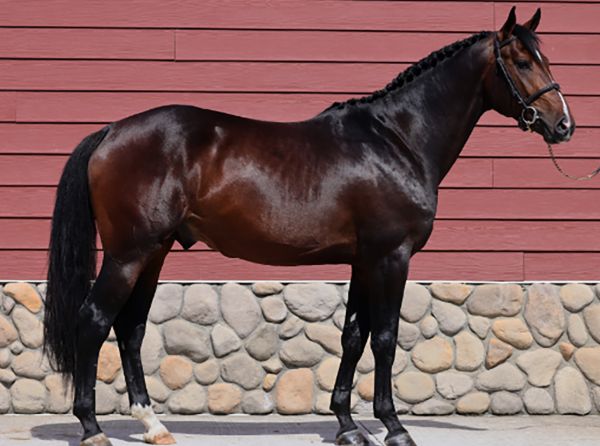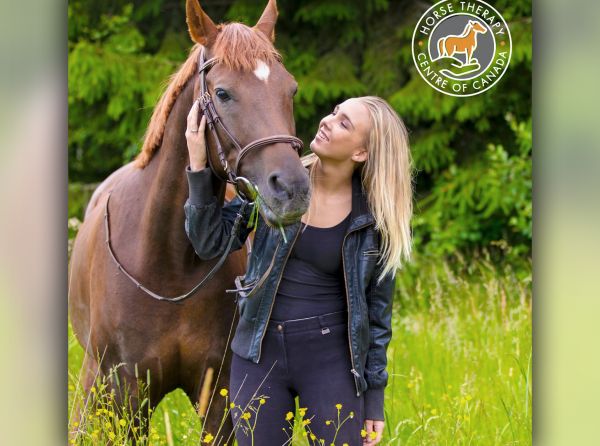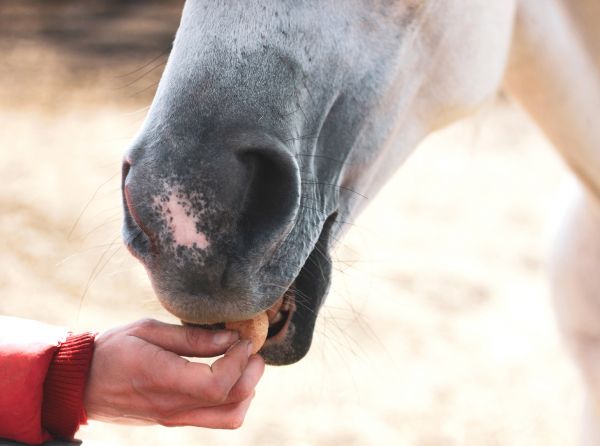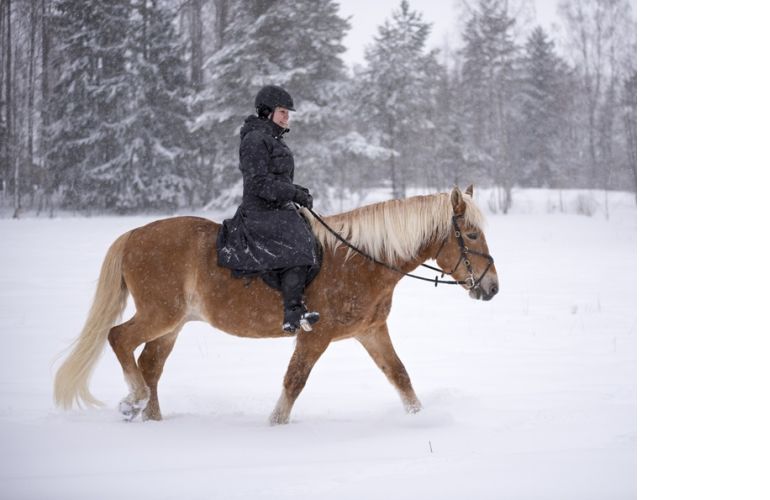By Jess Hallas-Kilcoyne
Do you dream of a career with horses? If you want to share your knowledge and help others develop their riding skills and achieve their equestrian goals, working as a riding instructor or coach may be the perfect way to turn your dreams into reality. Here’s a brief look at the basic educational requirements to become a riding instructor or coach.
Job Description
There are as many types of riding instructors and coaches as there are riders – they come in all disciplines and for all levels of rider, from the young beginner to the elite athlete. The job of any teacher, regardless of the subject, is to impart relevant knowledge to students clearly, effectively, and safely.
Education
Technically speaking, a person does not need to achieve any certification to teach riding, and there are many excellent riding teachers in Canada who have never been certified. However, many of these individuals had to achieve success at a certain level of competition before their teaching careers took off. Certification with a recognized program will afford you substantial savings on an insurance policy, alert prospective clients that you have met certain standards, and provide you with knowledge and resources that might otherwise be unavailable. Additionally, the bylaws in some municipalities may require specific certification for you to be able to practise at certain facilities. Your provincial equestrian association can provide you with detailed information on such restrictions.
The type of certification you choose to obtain is largely determined by the discipline and level of rider you wish to teach. Canada’s nationally recognized certification program, the Equine Canada (EC) coaching program, offers the following certifications: Instructors of Beginners, Competition Coach, Competition Coach Specialist, and High Performance Coach. Depending on your coaching goals, you are able to obtain certification in either English or Western riding, or you can narrow your focus and specialize in a single discipline, such as dressage or reining.
All EC certified coaches and instructors are required to possess a current first aid certificate, become a member of their provincial equestrian association, and demonstrate understanding of and adherence to a certain ethical code, as well as satisfy specific criteria on an ongoing basis in order to maintain status as a “Current” EC coach.
Certification is available from other organizations such as the Canadian Therapeutic Riding Association or the Certified Horsemanship Association, but you should always check first to see if the certification is recognized by your provincial equestrian association.
Other Requirements
Appropriate insurance is absolutely essential for a riding instructor. Additionally, in order to be an effective teacher, the instructor should be able to demonstrate satisfactory riding skills at a level that is at the very least equal to or above that of their most advanced student. Business savvy and good time management are important skills for a riding instructor, as is the ability to clearly communicate technical information and abstract concepts.
Main Article Photo: ©iStockphotos.com/DuAlan KostiA
This article originally appeared in the Equine Consumers’ Guide 2013.





